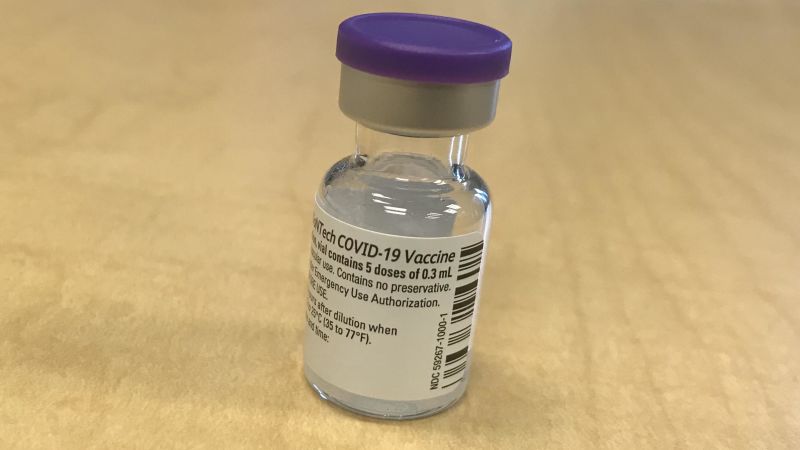
IH doctors explain how COVID-19 vaccine protects against the virus
KAMLOOPS — On Tuesday (Dec. 22), COVID-19 vaccinations began in Kamloops. 975 doses of the Pfizer-BioNTech vaccine arrived in the city this week, a shipment that is expected to arrive on a weekly basis. First to receive the vaccine are long term care workers.
“So the first priority group for vaccination is the long term care workers, followed by the long term care residents,” said Medical Health Officer Dr. Carol Fenton. “After that we will do our COVID frontline workers, so emergency medicine physicians, ICU physicians and nurses and workers in the testing centres for example.”
Fenton says because of the need to store it at an extremely cold temperature, the Pfizer vaccine has so far been administered where it’s been delivered.


